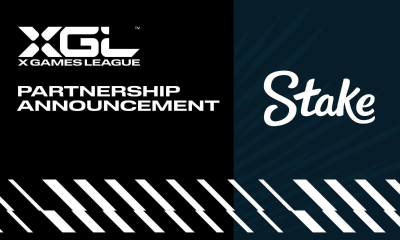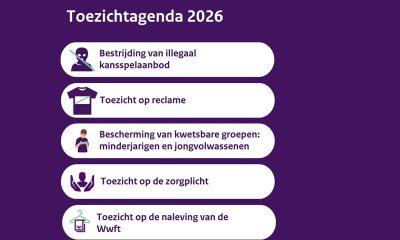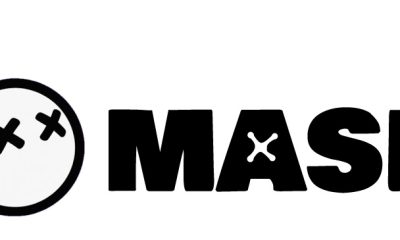Compliance Updates
DGA: Three orders and two reprimands to Skill on Net Ltd for breach of the Anti-Money Laundering Act

On April 3rd, 2024, the Danish Gambling Authority has issued three orders to Skill on Net Ltd (Skill on Net) for breaching the rules of the Anti-Money Laundering Act on risk assessment, procedures for internal control and documentation of implemented controls.
On April 3rd, 2024, the Danish Gambling Authority has also given Skill on Net two reprimands for breaching the rules on business procedures and the rules on whistleblower scheme in the Anti-Money Laundering Act.
The orders and reprimands are issued in connection with the Danish Gambling Authority’s inspection of Skill on Net’s material, which Skill on Net has prepared in order to comply with the Anti-Money Laundering Act.
Order for inadequate risk assessment
Order (a) has been issued because Skill on Net’s risk assessment is insufficient, as no separate risk assessment has been made of the individual identified risks associated with Skill on Net’s business model, including products and payment solutions, as well as the risk factors associated with these. Section 7(1) of the Anti-Money Laundering Act states that undertakings subject to the Act must identify and assess the risk that the undertaking may be misused for money laundering or terrorist financing. It is the Danish Gambling Authority’s assessment that the risk assessment must include a separate assessment of the risk of the individual products and payment solutions, as well as a separate risk assessment of the risk factors associated with these. Thus, Skill on Net has not complied with the risk assessment obligation in section 7(1) of the Anti-Money Laundering Act.
Order for inadequate business processes
Order (b) has been issued because Skill on Nets’ written procedures do not describe how, when and by whom the internal controls are monitored to ensure that the internal controls are implemented. Section 8(1) of the Anti-Money Laundering Act states that undertakings subject to the Act must have adequate written procedures, which must include internal controls. The requirement for internal control also means that checks must be carried out to ensure that the controls are implemented. Thus, Skill on Net has not sufficiently complied with the obligation to have procedures for internal control.
Order for lack of documentation for controls
Order (c) has been issued because Skill on Net has not documented that internal controls have been implemented. Section 8(1) of the Anti-Money Laundering Act states that undertakings subject to the Act must document the checks carried out. Thereby, Skill on Net has not complied with the obligation under section 8(1) of the AML Act.
Reprimand for inadequate business processes
Reprimand (a) is given because Skill on Net’s business procedure for establishing customer relationships until October 16, 2023 was deficient, as there was a discrepancy between the business procedure and practice. Section 8(1) of the Anti-Money Laundering Act states that undertakings subject to the Act must have adequate written procedures and that the procedures must describe how the areas are handled in practice. Thus, Skill on Net has not complied with the obligation to have sufficient written procedures for establishing customer relationships.
Reprimand (a) has been issued because Skill on Net’s business procedures up to 16 October 2023 did not take into account that customer due diligence procedures must be carried out at appropriate times, as required by section 10(1)(1)(1) of the Anti-Money Laundering Act. Thus, Skill on Net has not complied with the obligation to have sufficient written procedures for the implementation of customer due diligence procedures at appropriate times.
Reprimand (a) is also given because Skill on Net’s business procedure for politically exposed persons until 16 October 2023 was deficient, as PEP screening of customers who had not paid over a fixed defined amount was not performed on an ongoing basis. Section 18(1) of the Anti-Money Laundering Act states that undertakings subject to the Act must have procedures in place to determine whether the customer is a politically exposed person, close associate or close business partner of a politically exposed person. Reviewing whether an established customer has changed status to politically exposed person must include all customers. Thus, Skill on Net has not complied with the obligation to have sufficient written procedures for PEP screening.
Reprimand for inadequate whistleblower scheme
Reprimand (b) is given because Skill on Net’s whistleblower scheme until June 2023 did not sufficiently meet the requirement for anonymity, as reporting could only be done by e-mail. Section 35(1) of the Anti-Money Laundering Act states that undertakings subject to the Anti-Money Laundering Act must have a system where their employees can report violations or potential violations of anti-money laundering legislation via a special, independent and autonomous channel. It also states that reports must be able to be made anonymously. Thus, Skill on Net has not complied with the requirement of anonymity for whistleblowers.
The Danish Gambling Authority assesses that an inadequate risk assessment as well as inadequate business procedures and whistleblower scheme may have increased Skill on Net’s risk of being misused for money laundering. The purpose of the risk assessment is for the gambling operator to have a useful tool that provides an overview and understanding of where and to what extent the gambling operator is exposed to being misused for money laundering or terrorist financing and what measures are necessary to mitigate the risks. Business procedures must be a description of the activities that the gambling operator must perform to ensure compliance with legislation and other regulations and that the gambling operator’s policies and guidelines are followed. Adequate risk assessment, business procedures and a whistleblower scheme are fundamental to the Anti-Money Laundering Act, and the seriousness of the violation has therefore led to three orders and two reprimands.
Duty to act
The orders entail an obligation for Skill on Net to act. This means that Skill on Net must, within two months, submit a revised risk assessment, business procedures for the control of internal controls, and within six months submit documentation that internal controls have been implemented.
The reprimands do not entail any obligation for Skill on Net to act, as the violations no longer exist, as Skill on Net has subsequently revised its business procedures and whistleblower scheme.
The post DGA: Three orders and two reprimands to Skill on Net Ltd for breach of the Anti-Money Laundering Act appeared first on European Gaming Industry News.
Compliance Updates
Dutch Regulator Outlines 5 Key Supervisory Priorities for 2026 Agenda
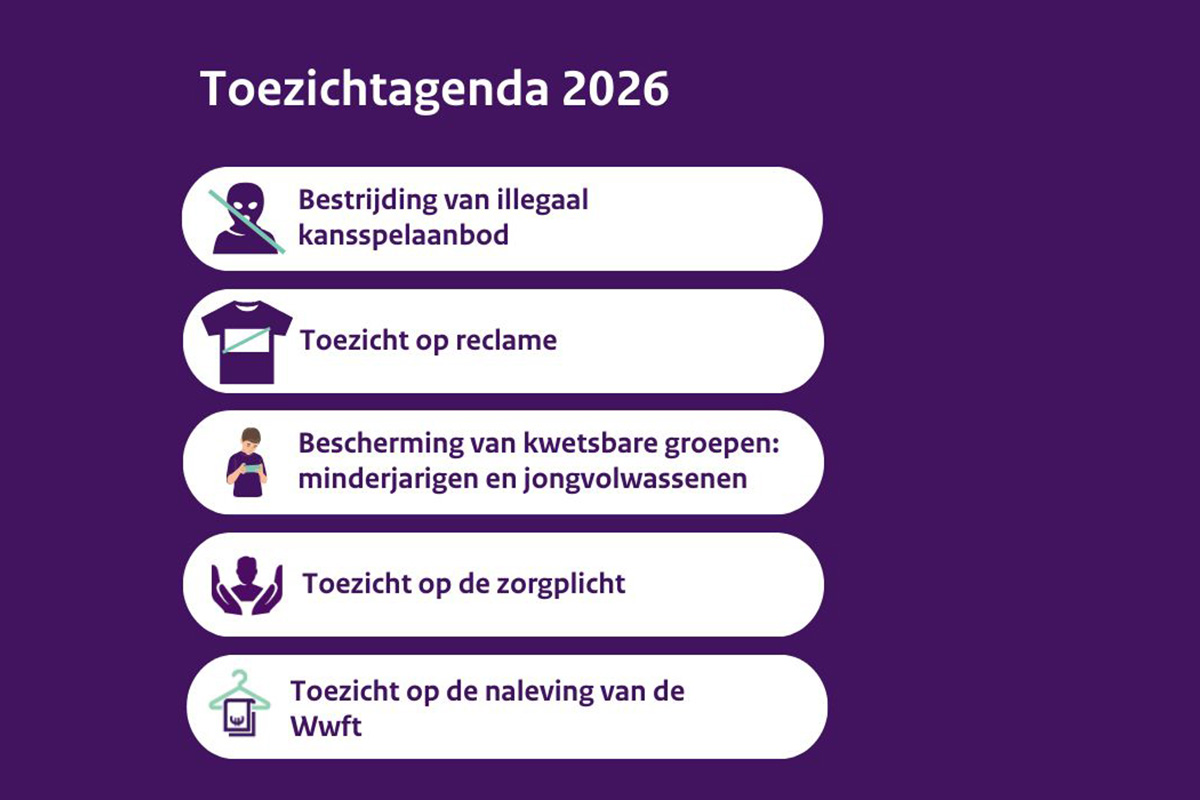
The Dutch Gambling Regulator (KSA) has announced that it will place a greater focus on combating illegality and player protection in its oversight in 2026. The regulator outlined its priorities for 2026 in five key themes.
In 2026, the KSA will pay extra attention to the following topics:
• Combating illegal gambling offers
• Protection of vulnerable groups: minors and young adults
• Supervision of the duty of care
• Supervision of advertising
• Supervision of compliance with the Wwft
Additional capacity is being freed up to combat illegal gambling, primarily to frustrate and disable the infrastructure of illegal parties. This could include closer collaboration with payment service providers, hosting providers and social media companies.
The increased priority on protecting vulnerable groups and enhanced oversight of advertising and duty of care aligns with the Ministry’s renewed vision, which places a greater emphasis on player protection. A separate player protection department has been established for this purpose within the KSA’s new organisational structure, effective from January 2026.
The post Dutch Regulator Outlines 5 Key Supervisory Priorities for 2026 Agenda appeared first on Eastern European Gaming | Global iGaming & Tech Intelligence Hub.
ADG
Arizona Department of Gaming Names Juan Carlos Estrada as Boxing and Mixed Martial Arts Executive Director

The post Arizona Department of Gaming Names Juan Carlos Estrada as Boxing and Mixed Martial Arts Executive Director appeared first on Americas iGaming & Sports Betting News.
Compliance Updates
Cyprus Betting Authority Deploys 150 Secret Agents to Conduct Raids on Betting Agencies
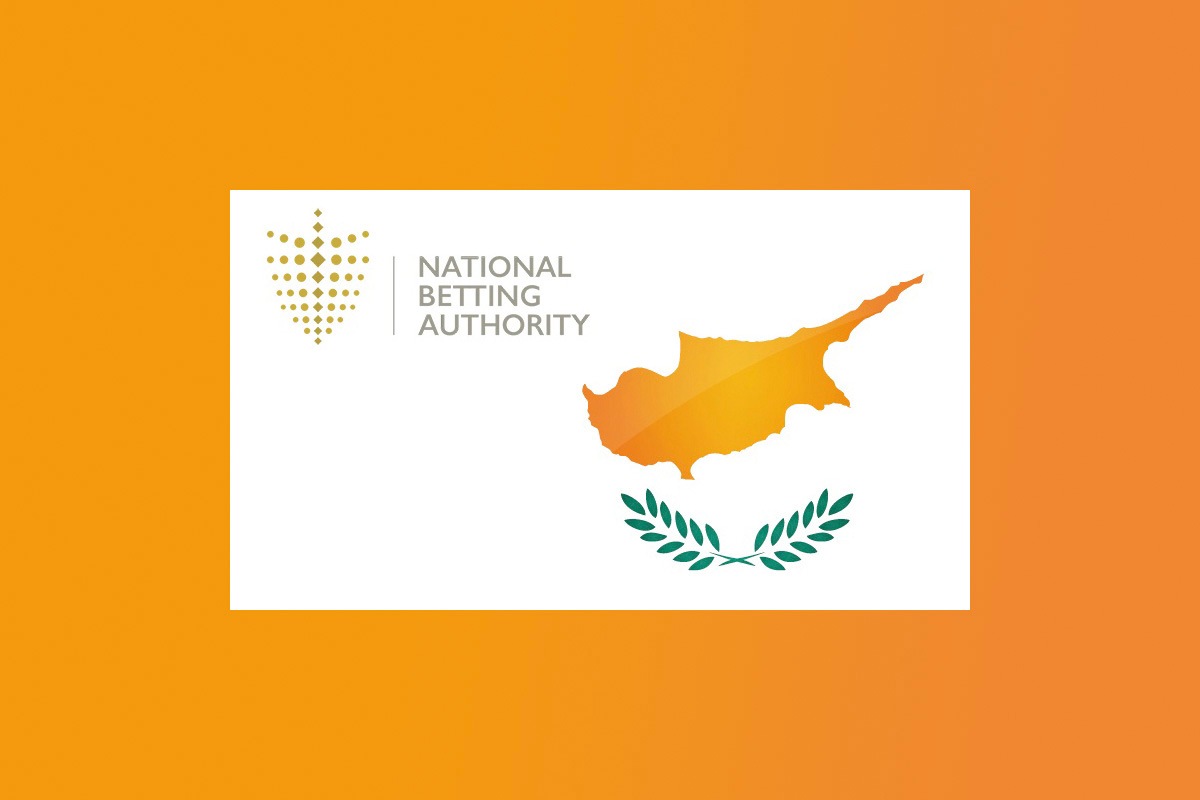
The Cyprus NBA is significantly ramping up its regulatory oversight for 2026. Raids on betting agencies are being carried out by “undercover” agents as part of stepped-up checks by the NBA to ensure compliance with the law.
The NBA has procured inspection services from the private sector, deploying 150 undercover agents who pose as customers and enter betting premises unannounced.
While on site, the agents monitor staff conduct, check whether illegal bets are being placed and verify that minors are not present.
Alongside these surprise visits, NBA officers also carry out on-site inspections and monitor betting websites used by hundreds of players, while inspections are also conducted to identify potential money-laundering activity.
The issues related to the violations of rules were raised during a meeting of the House Finance Committee, where an NBA representative said the Authority imposed fines totalling €46,000 last year.
Of that amount, €26,000 related to breaches linked to the lack of required licences, with the remainder stemming from the presence of minors on premises and other violations of the legislation.
At the same time, data submitted to parliament showed that bets worth €1.3 billion were placed last year, with players receiving €1.17bn in winnings.
Against that backdrop, and following an increase in the betting tax, state revenue from betting rose to €6 million, up from €3.2m a year earlier.
During the discussion, it was also noted that a draft bill has been pending at the Ministry of Finance for around a year.
The bill provides for new products and services, as well as enhanced safeguards for responsible gaming and the protection of minors.
A representative of the ministry clarified that there are no plans to introduce online casino games.
Expected revenue from betting activity is projected at €71.85m this year, an increase of 28.03 per cent, or €15.73m, compared with 2025.
Revenue is forecast to rise further to €75.27m in 2027 and €78.59m in 2028.
Breaking down the figures, betting tax is expected to generate €53m, licence fees €8.2m and betting activity contributions €10m.
Class A and Class B licence holders pay tax at a rate of 10 per cent on net betting earnings, with Class A covering land-based betting and Class B online betting.
In addition, €32m relates to betting tax on Opap’s Cyprus’ gross profits under the new contract, while licences for Class A and B operators, authorised representatives and premises are expected to bring in €2.8m.
A further €5m concerns Opap’s Cyprus’ licence fee and €0.4m its supervision contribution, also under the revised agreement.
The post Cyprus Betting Authority Deploys 150 Secret Agents to Conduct Raids on Betting Agencies appeared first on Eastern European Gaming | Global iGaming & Tech Intelligence Hub.
-

 AI4 days ago
AI4 days agoPrimero Games Uses XGENIA for Their First AI-Generated Slot Game
-

 Africa7 days ago
Africa7 days agoLogifuture’s Simulate Forecasts Morocco AFCON Glory After 1,000 Final Simulations
-

 Balkans5 days ago
Balkans5 days agoKiril Kirilov takes on new leadership role at CT Interactive
-

 Baltic Tech Week4 days ago
Baltic Tech Week4 days agoHIPTHER Baltics Announces Riga Event and Strategic Partnership with LexLegas
-

 ALGS 2026 Championship4 days ago
ALGS 2026 Championship4 days agoS8UL Esports secures historic top five finish at ALGS 2026 Championship; bags INR 1 crore in prize money
-

 Compliance Updates4 days ago
Compliance Updates4 days agoSEON Launches Identity Verification Built on Real-Time Fraud Intelligence
-

 crypto sports betting7 days ago
crypto sports betting7 days agoMash.fun Expands Crypto Sports Betting with Player Props, Hits $1 Million in Trading Volume
-

 College Sport Prediction Markets5 days ago
College Sport Prediction Markets5 days agoNCAA Urges CFTC to Suspend College Sport Prediction Markets







